Announcement
Collapse
No announcement yet.
Nagorno-Karabagh: Military Balance Between Armenia & Azerbaijan
Collapse
X
-
Commonwealth Warrior 2018 international contest kicks off in Armenia
Today, Dilijan (the Republic of Armenia) hosts for the first time an opening ceremony for the Commonwealth Warrior international competition involving teams of the CIS countries, Iran and Greece.
David Tonoyan, the Defence Minister of Armenia, Major General Sergey Poletuchy, the Interim Deputy Chief of the Main Directorate for Personnel Work, and representatives of the leadership of the Main Directorate for Personnel Work welcomed the teams at the opening ceremony.
The competition involves teams from the following countries: Armenia, Belarus, Kazakhstan, Iran, Greece, and Russia (team of Western Military District). Each team is made up of four men and a woman.
The awards ceremony take place on August 3.
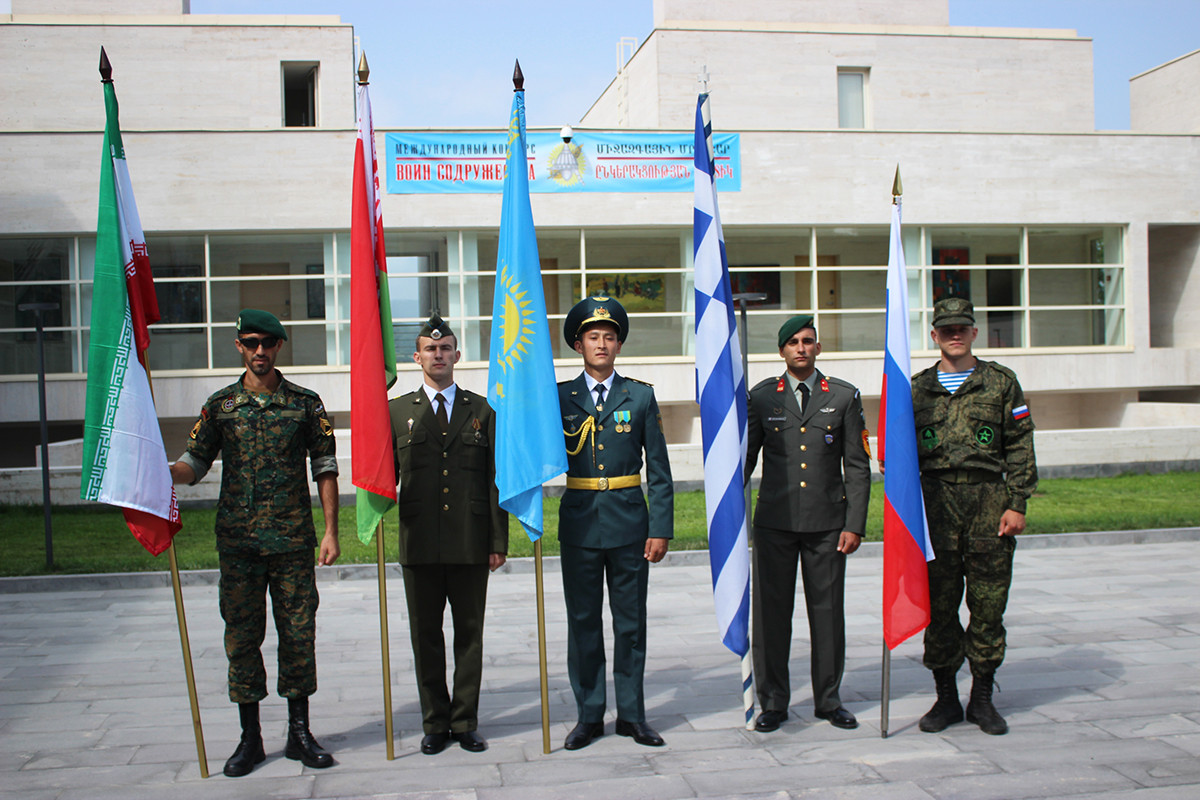
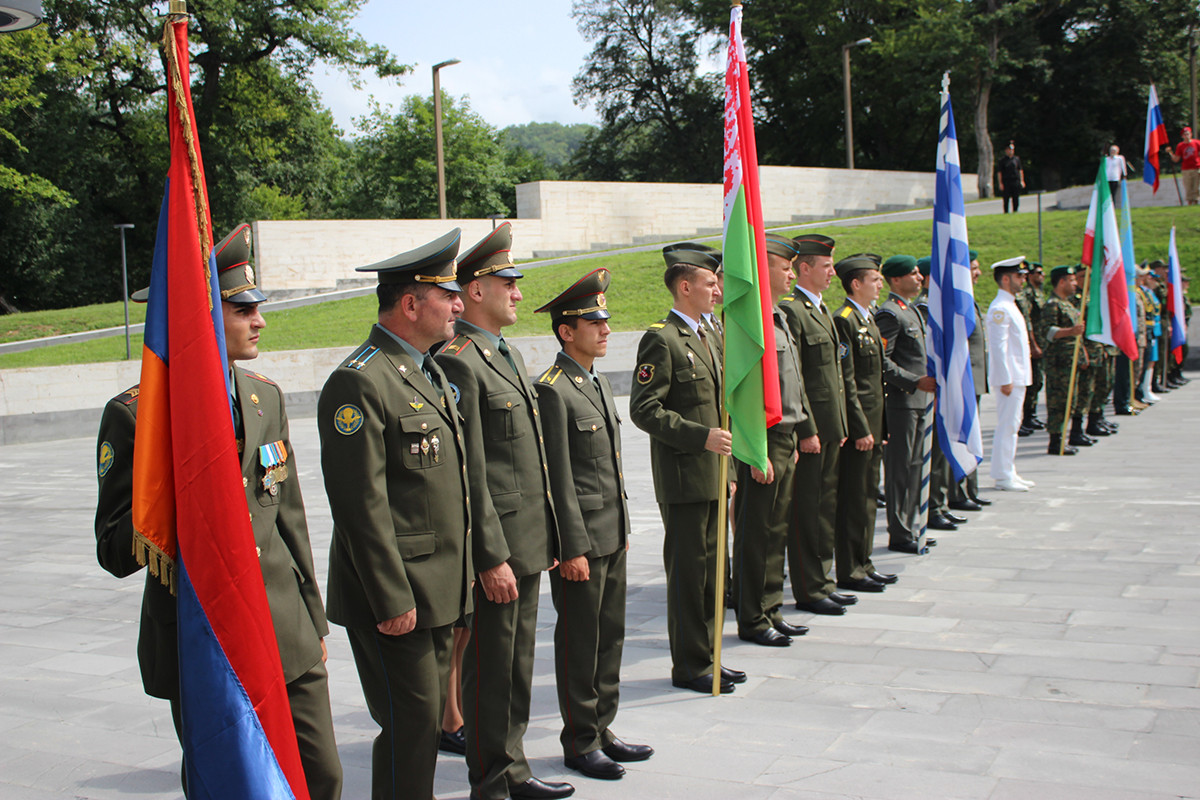
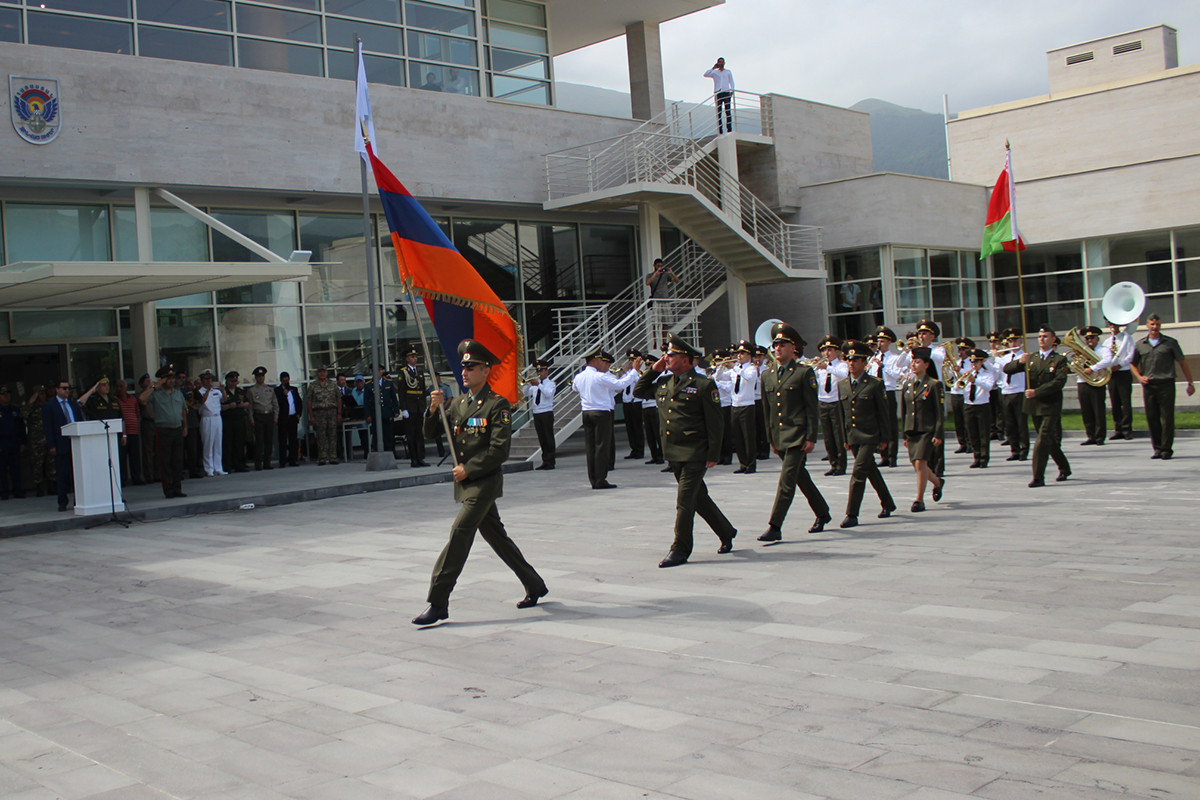
Comment
-
-
-
-
For Armenians, they're not occupied territories – they're the homeland
As Armenian settlement in the sensitive territories grows, it becomes more difficult to imagine a peace deal with Azerbaijan. Some say that's the point.
Joshua Kucera Aug 5, 2018
Ruined houses, Kalbajar (the population was 23,000 before the war, mostly Kurds, now it's 600 Armenians). All photos by Joshua Kucera.
When Alexander Kananyan moved to Kelbajar in 2000, it was “completely destroyed,” he recalls. There was no electricity or telephone service, and he had to walk up to 40 kilometers to catch any sort of transportation.
But the hardships were worth it for the sense of meaning it gave him. In the early 1990s, Armenian armed forces had captured this territory from Azerbaijan. At that time, Kananyan – an ethnic Armenian who grew up in Georgia speaking no Armenian – was studying theology in Rome.
“There was a certain sense of guilt that others were fighting and dying while I was studying,” he said. “And I felt that the settlers, who were returning an Armenian presence to these liberated territories were in a way successors of those who liberated these territories and returned them to the bosom of the Armenian nation and state.”
Moving to Kelbajar “created unbelievable difficulties for everyday life,” he said. “But I felt like I was fulfilling a mission.”
The war with Azerbaijan ended in a ceasefire in 1994 and Armenian forces controlling about 14 percent of what had been Azerbaijani territory. Some of that was the former Nagorno-Karabakh Autonomous Oblast, but it also included seven districts surrounding Nagorno-Karabakh, including Kelbajar.
Unlike Nagorno-Karabakh, the population of which had been about three-quarters ethnic Armenian when war broke out, the seven surrounding territories had had a negligible Armenian population, instead inhabited mainly by Azerbaijanis and Kurds. As a result of the war they were emptied of their population and about 618,000 Azerbaijanis remain displaced from the conflict, according to United Nations figures, the large majority of those from the seven districts. .
.
Armenians initially conceived of control of these seven territories as a temporary measure, as a buffer zone to prevent Azerbaijani attacks on Nagorno-Karabakh; they were eventually to be given back to Azerbaijan as part of a comprehensive peace deal to resolve the conflict.
But as time has passed, that notion has faded, replaced by the conviction that these are integral parts of the Armenian homeland, never to be surrendered.
Kananyan estimates that 10 years ago, only about 30 percent of people in Karabakh would have refused to consider territorial concessions to Azerbaijan in the name of peace. Now, he said, the number is 100 percent. “If someone goes out on the street and says we need to give something up, either people will look at him as if he's lost his mind, or maybe he'll even be beaten,” he said.
“In the mid-2000s, people who were against any territorial concessions were on the margins,” said Tigran Grigoryan, an analyst based in Nagorno-Karabakh. “Now it's the opposite.”
The stakes are high: If Armenia doesn't concede any of the territories, a peace deal with Azerbaijan is impossible. And if a peace deal is impossible, Azerbaijan will likely feel that its only resort is a full-scale war to take back the territories. But to most people in Nagorno-Karabakh, that's worth the risk.
“Liberated” or “occupied”
The terminology about the seven districts reflects their contested status. Azerbaijanis call the territories “occupied,” while Armenians prefer “liberated.” Diplomats working on the issue either use “occupied” or, if they are trying to be more sensitive to Armenian concerns, “adjacent.” (Armenians also use the name Karvajar or Karvatchar for the name of the district instead of the Azerbaijani Kelbajar.)
As Armenians have grown more reluctant to give up the occupied territories, development there has gathered speed. Olesya Vartanyan, a Tbilisi-based analyst at the International Crisis Group, who has extensively studied the territories' settlement, told Eurasianet that over the years the process has become more and more official.
“For about a decade [after the ceasefire], people went to these villages with no structured governmental support, but mainly at the call of patriotic Armenian organizations,” Vartanyan said. “They were very poor, but were still able to start rebuilding houses, roads, electricity lines, schools with their own money.” The majority of the settlers were from parts of Azerbaijan that remained under Azerbaijani control after the war, but many were from Armenia proper who “were also interested in fertile lands – something many do not have in the neighboring mountainous regions of Armenia.”
Those early efforts were mostly ad hoc, but starting in the early 2000s, the Nagorno-Karabakh authorities began to establish police and other government offices in the territories, including Kelbajar. Diaspora organizations, too, stepped up their activities, including by setting up new villages.
In 2006, Nagorno-Karabakh adopted a new constitution that formally incorporated the seven territories into the de facto republic. Since 2007, whenBako Sahakyan became de facto president, settling “became a clear policy of the local leadership,” Vartanyan said. “Roads were built, many problems with electricity resolved, new schools built, houses repaired, and so on. All was done to support the existing population in the territories.”
Azerbaijani officials have regularly objected to the gradual settlement of the territories.
A 2016 report from the Azerbaijani Ministry of Foreign Affairs documented what they called “consistent measures undertaken by Armenia in the occupied territories of Azerbaijan with a view to further consolidating the current status quo of the occupation. Such measures include implantation of settlers from Armenia and abroad.”
Infrastructure development projects in the occupied territories, the report continued, “facilitate their further repopulation with the ultimate goal of preventing the return of the Azerbaijani population to their homes, creating a new demographic situation on the ground and imposing a fait-accompli.”
Some backers of the settlements acknowledge that their motives are political. “The Artsakh struggle was a defining moment in modern Armenian history, shifting our narratives away from loss and toward victory, away from dispossession and toward reclaiming that which is rightly ours,” said Antranig Kasbarian, an official at the Tufenkian Foundation, one of the diaspora groups that has spearheaded development, at a 2015 fundraising event for another town in the occupied territories. (“Artsakh” is the Armenian name for Nagorno-Karabakh.) “Our task now is to create facts on the ground – resettlement, economic development – that will consolidate our hard-won victories on the battlefield.”
“The potential is unlimited”
Settlement and development in the seven territories is still modest. The town of Kelbajar (capital of the district of the same name) now has about 600 residents, compared with the 23,000 it had before the war. But it has come a long way since Kananyan first moved here. The town has electricity and internet, and along the main street are a new school, a handful of shops, even a bank with an ATM. Most importantly, there is a new highway connecting Armenia with Nagorno-Karabakh, a joint project between government and diaspora groups, that passes through picturesque gorges about 18 kilometers from the town.The road from Armenia to Karabakh through the occupied territories.
Comment


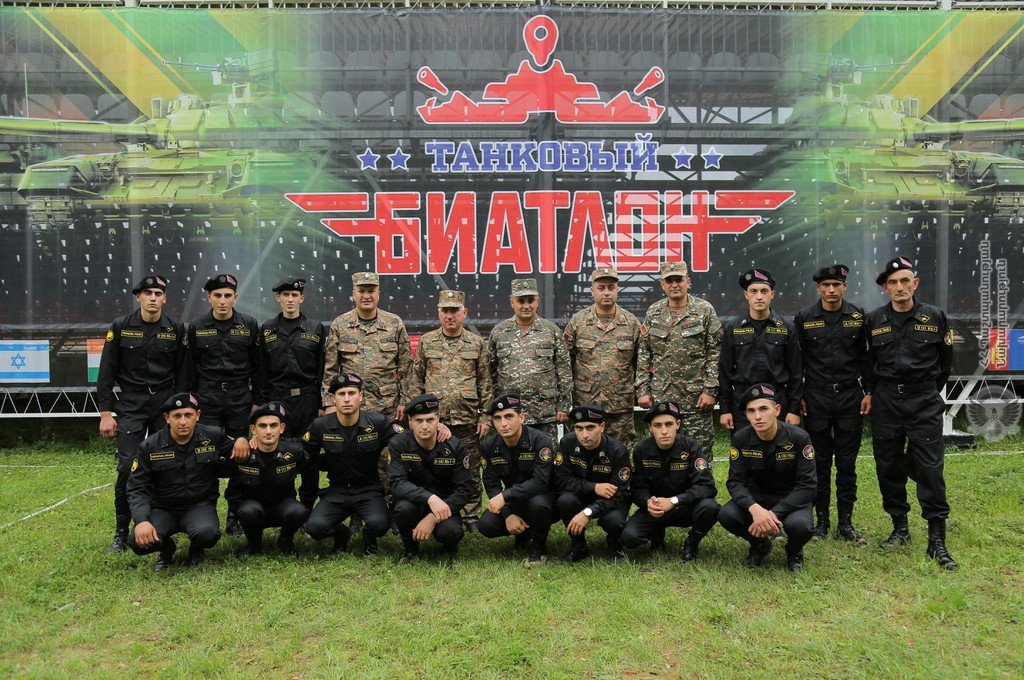
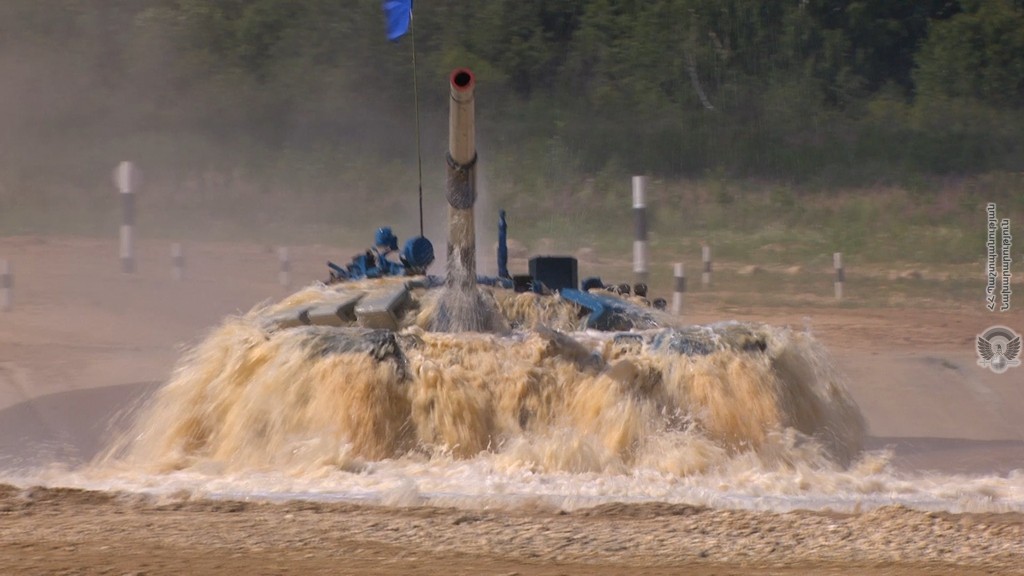
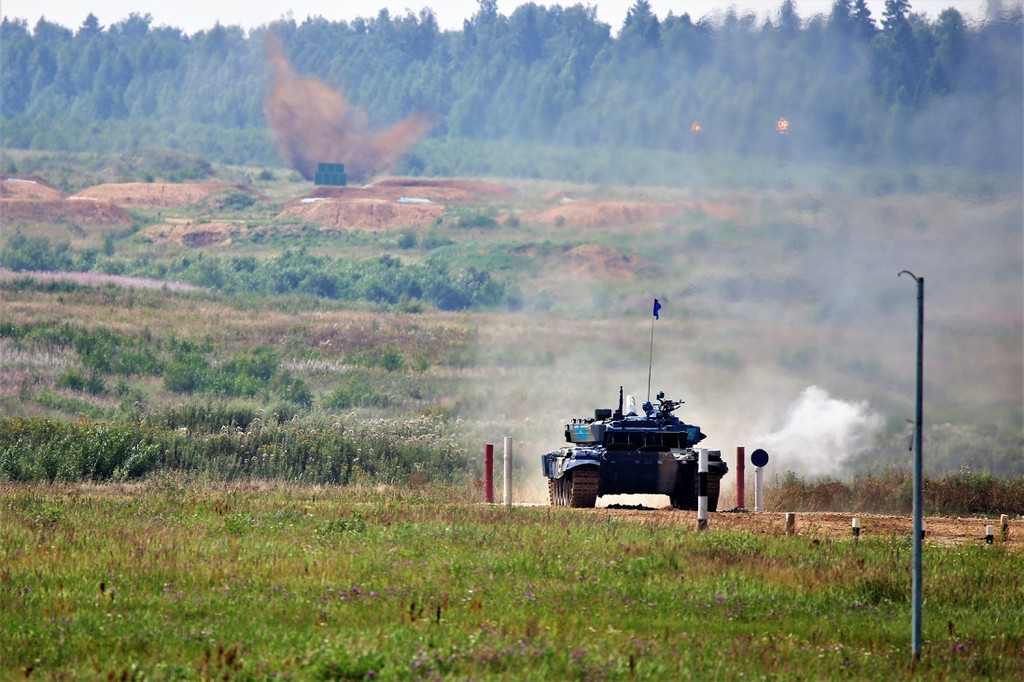
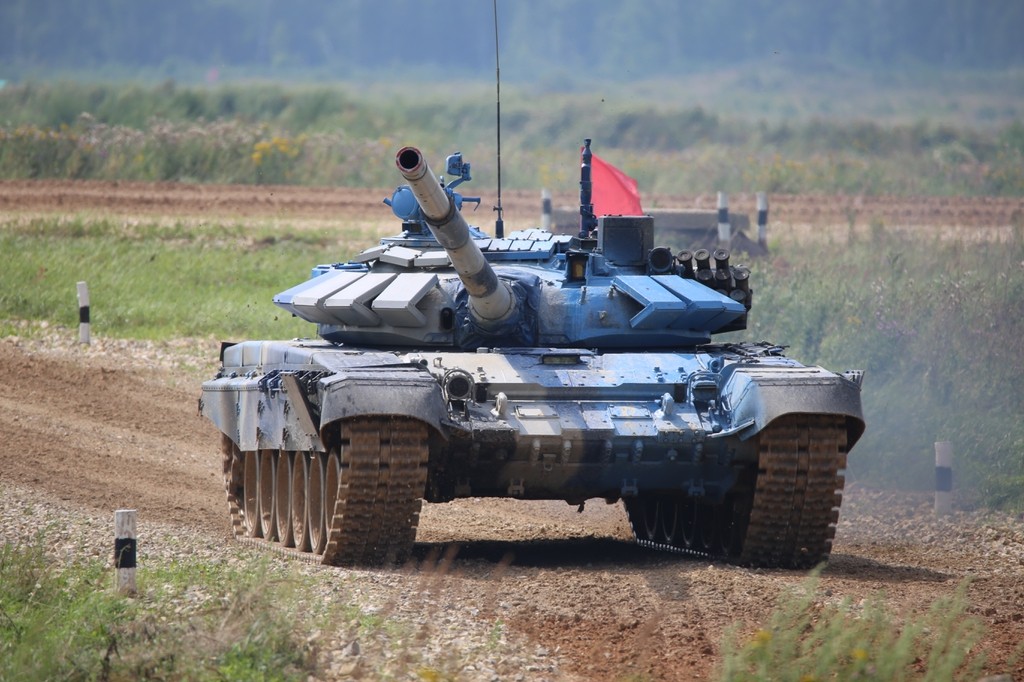
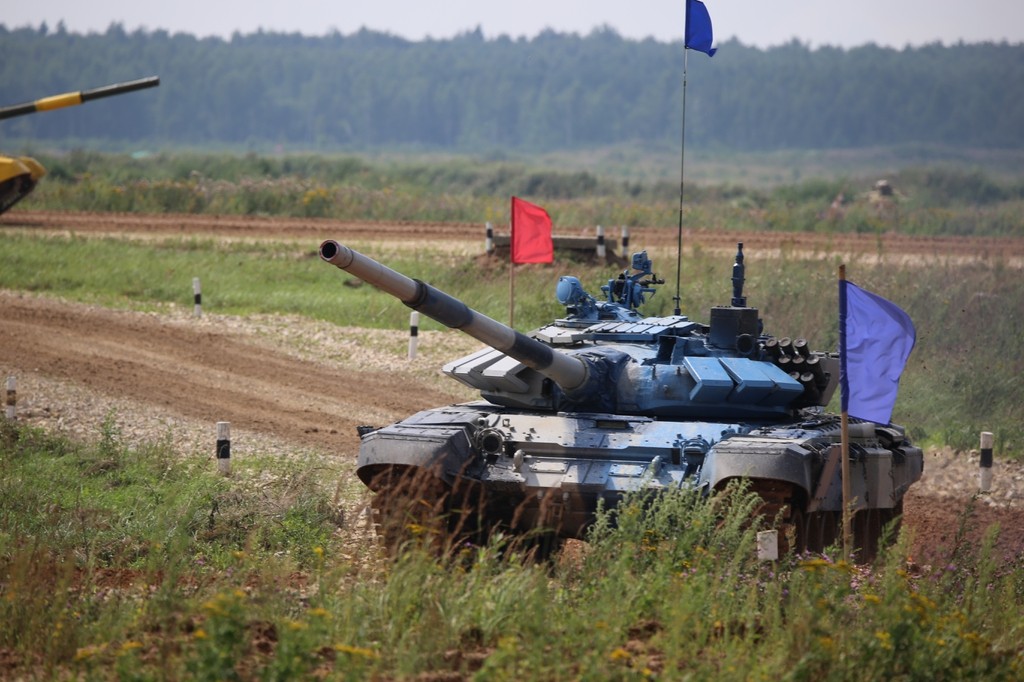
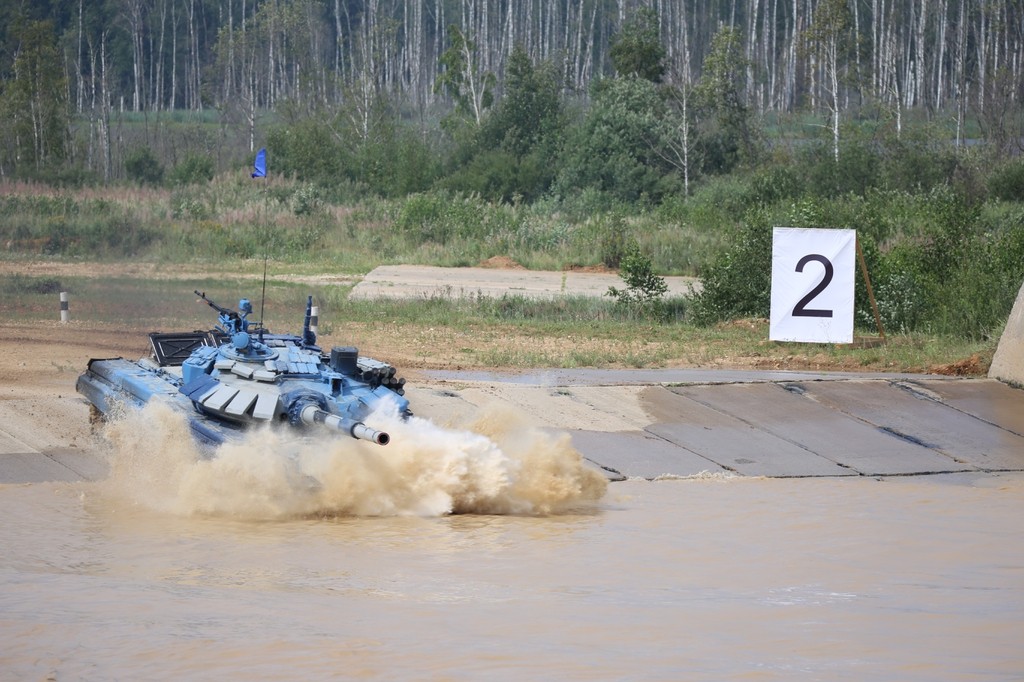
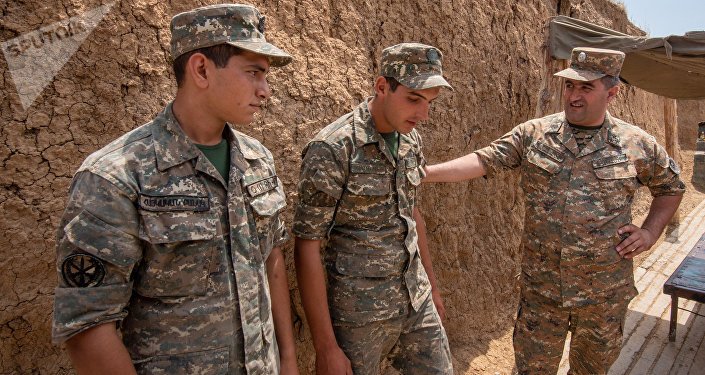
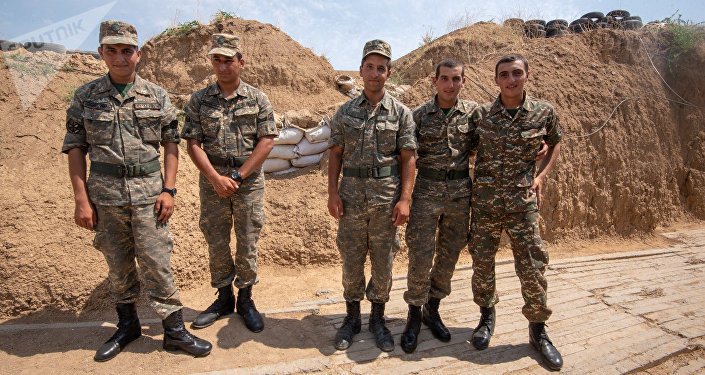
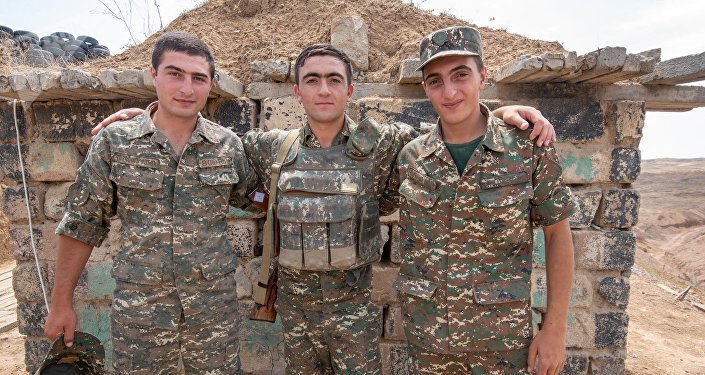
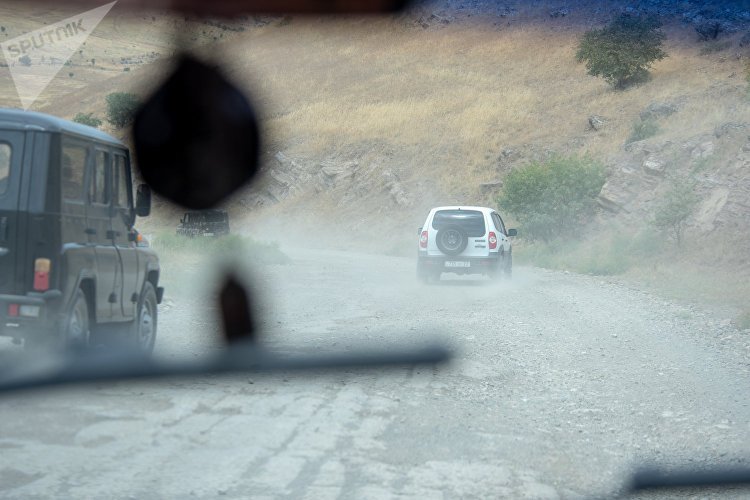
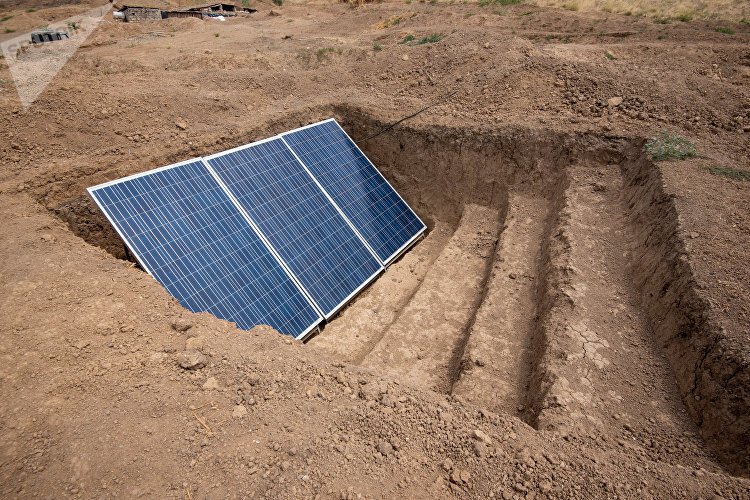
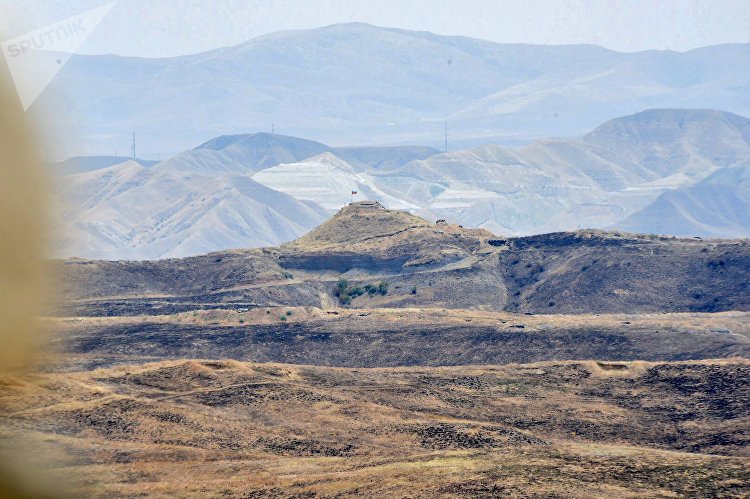
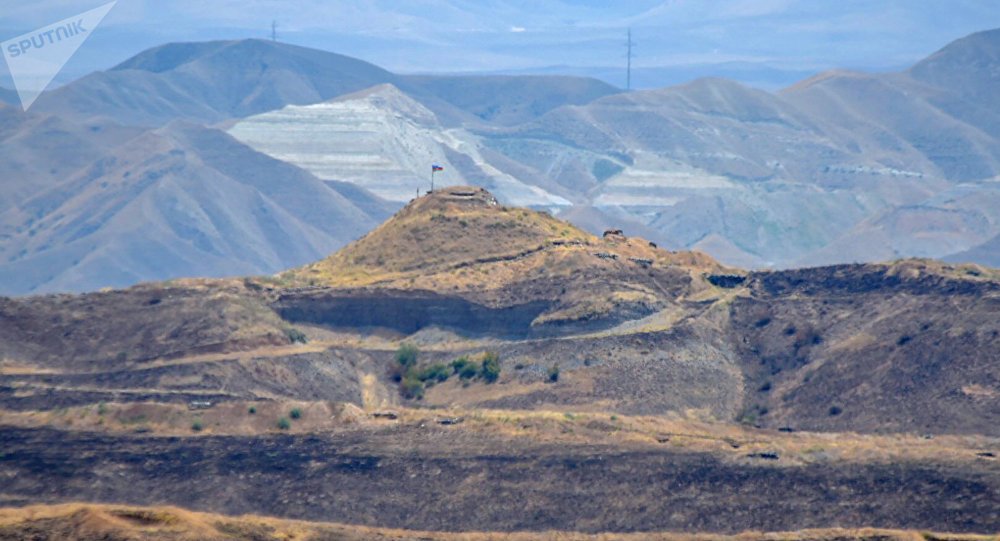
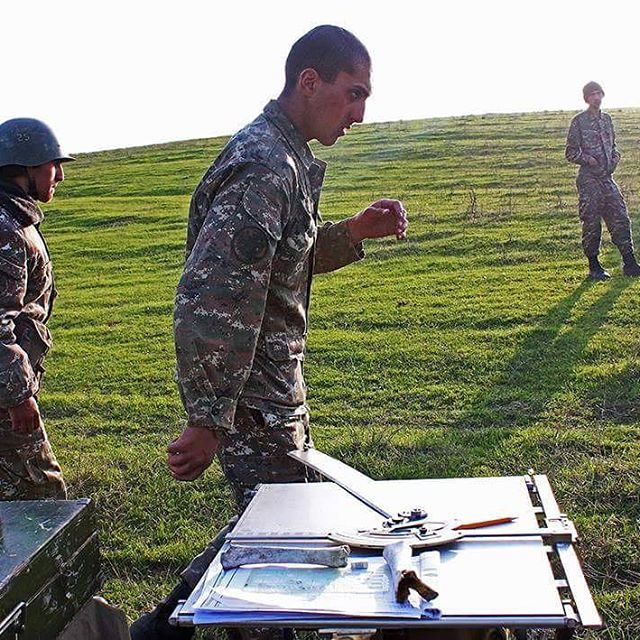
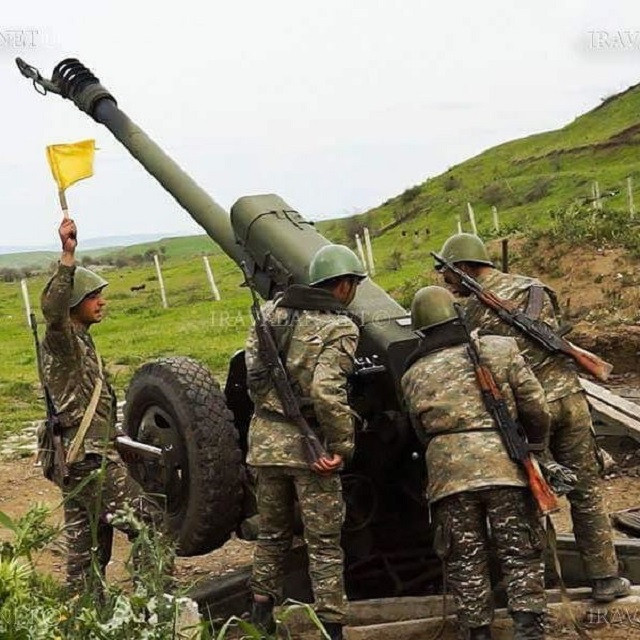
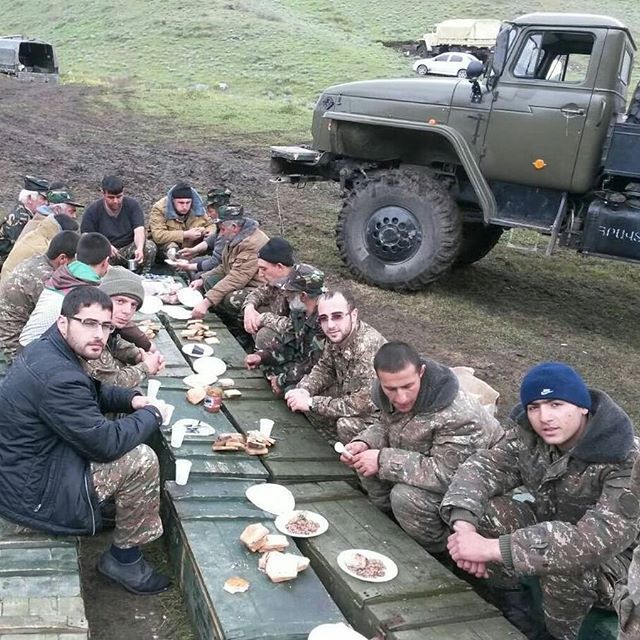
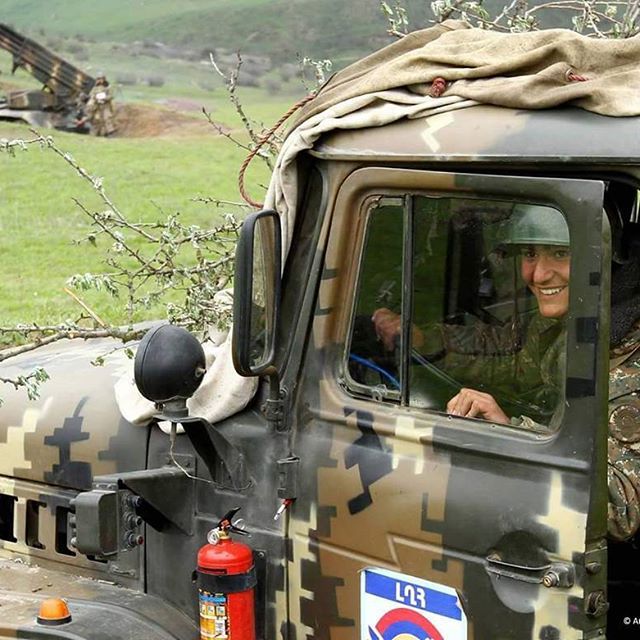
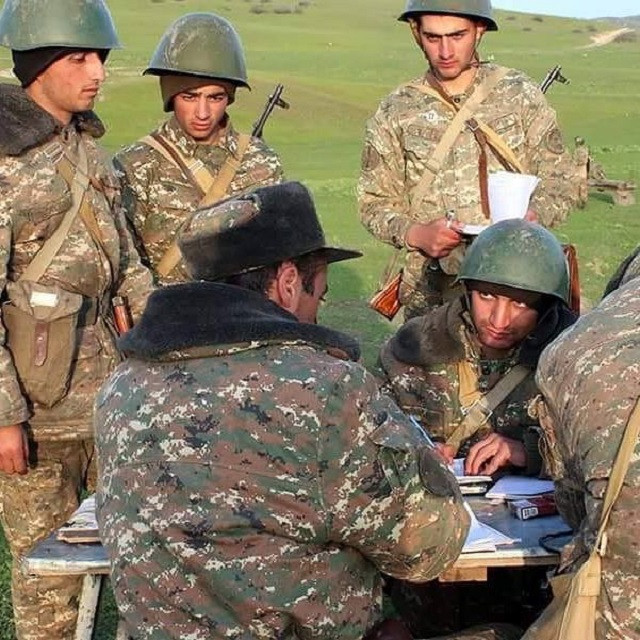
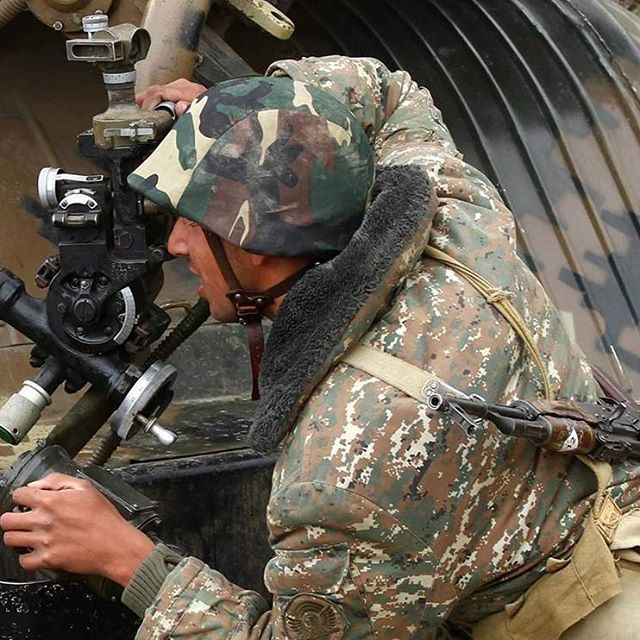
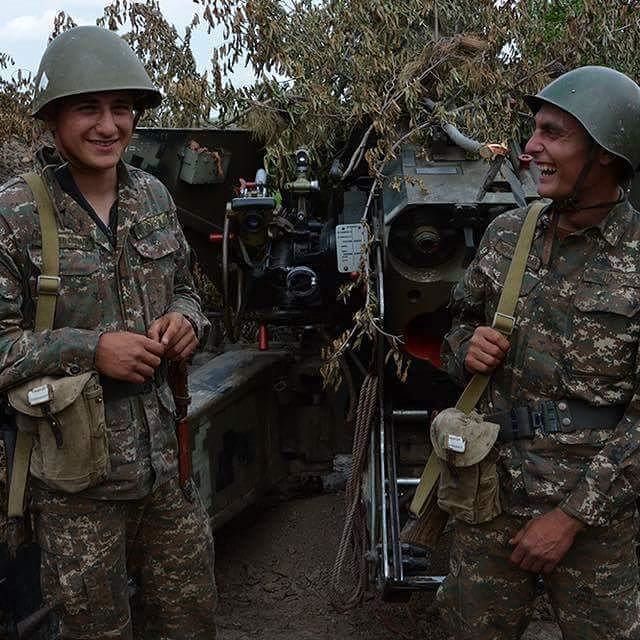




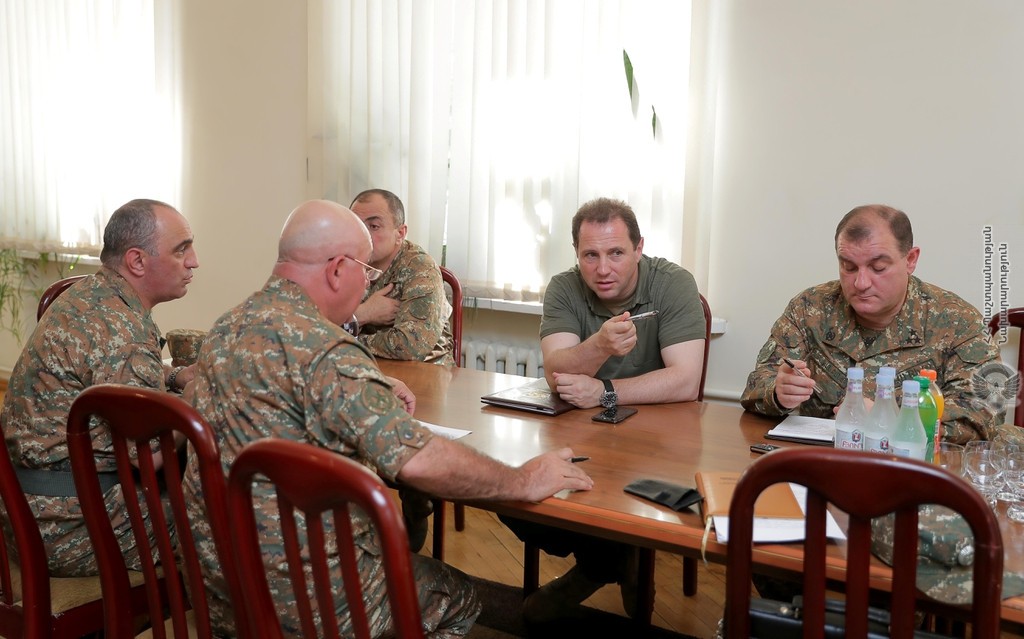
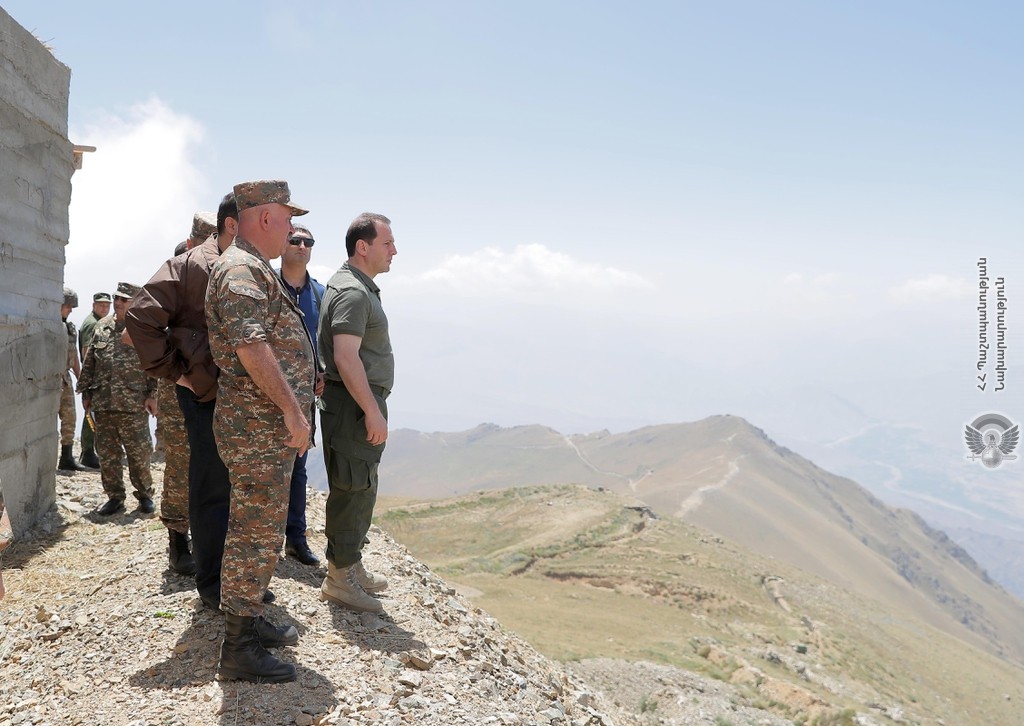
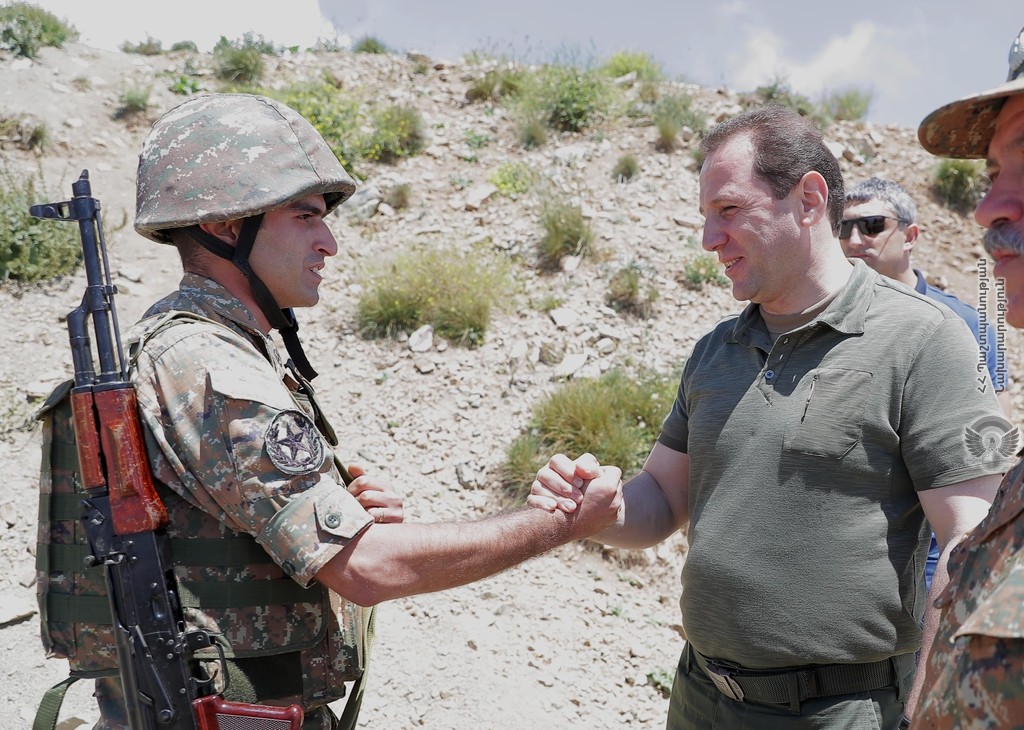
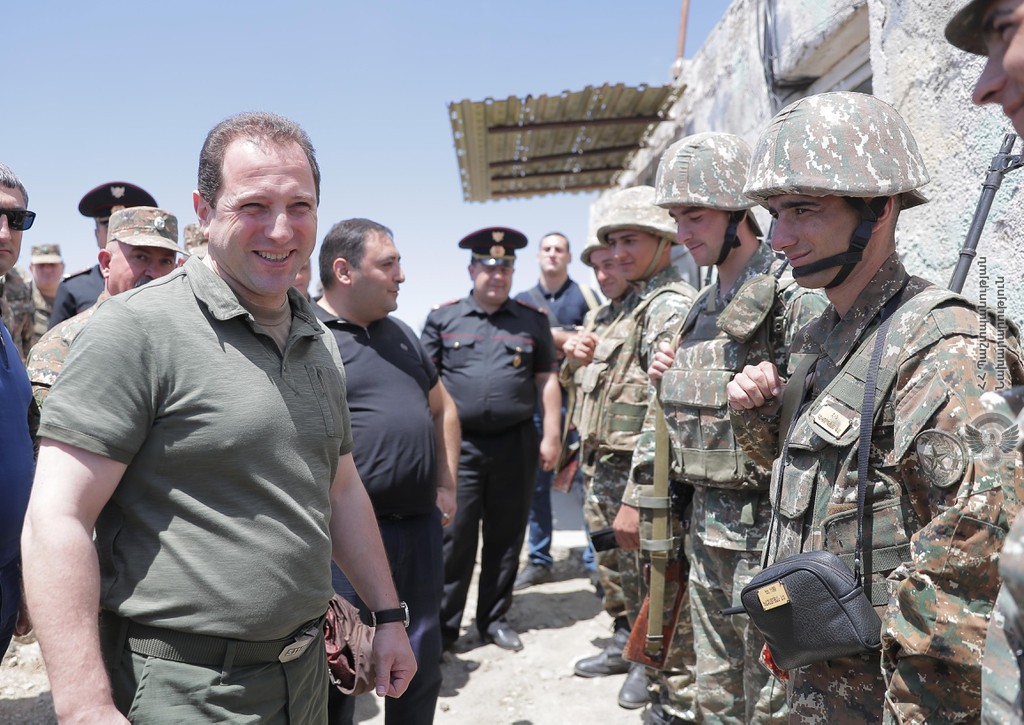
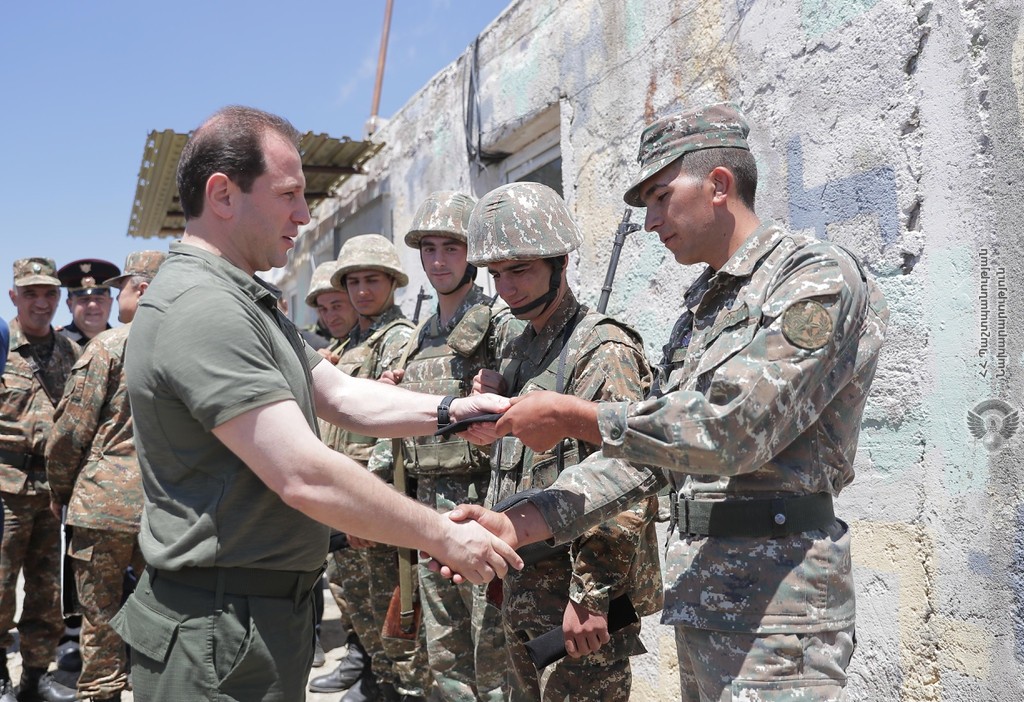
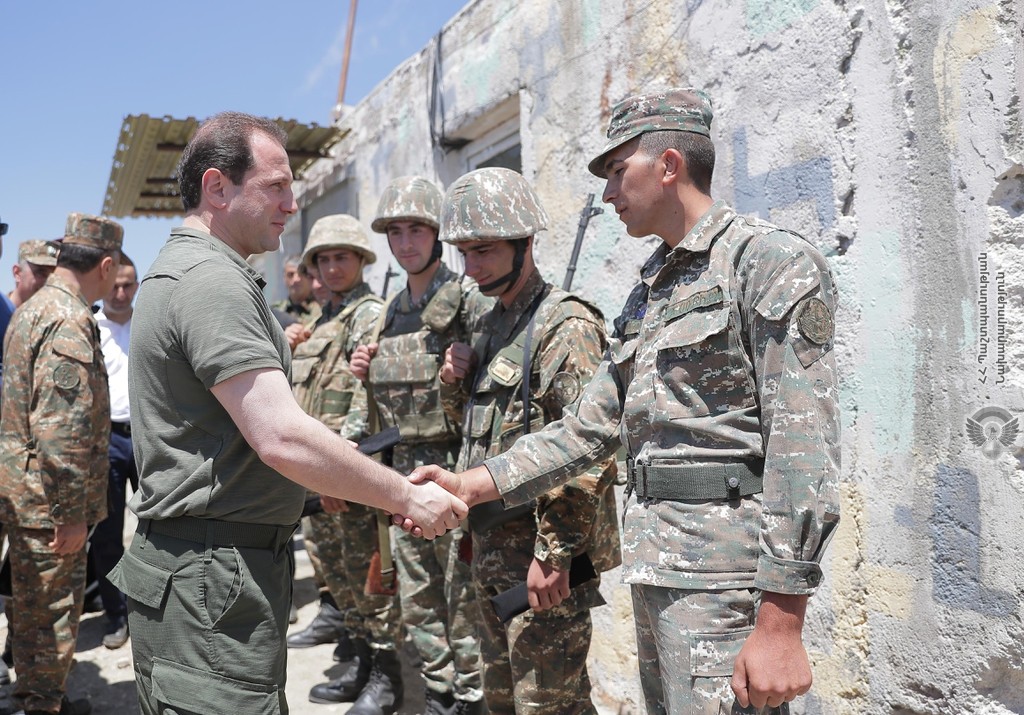
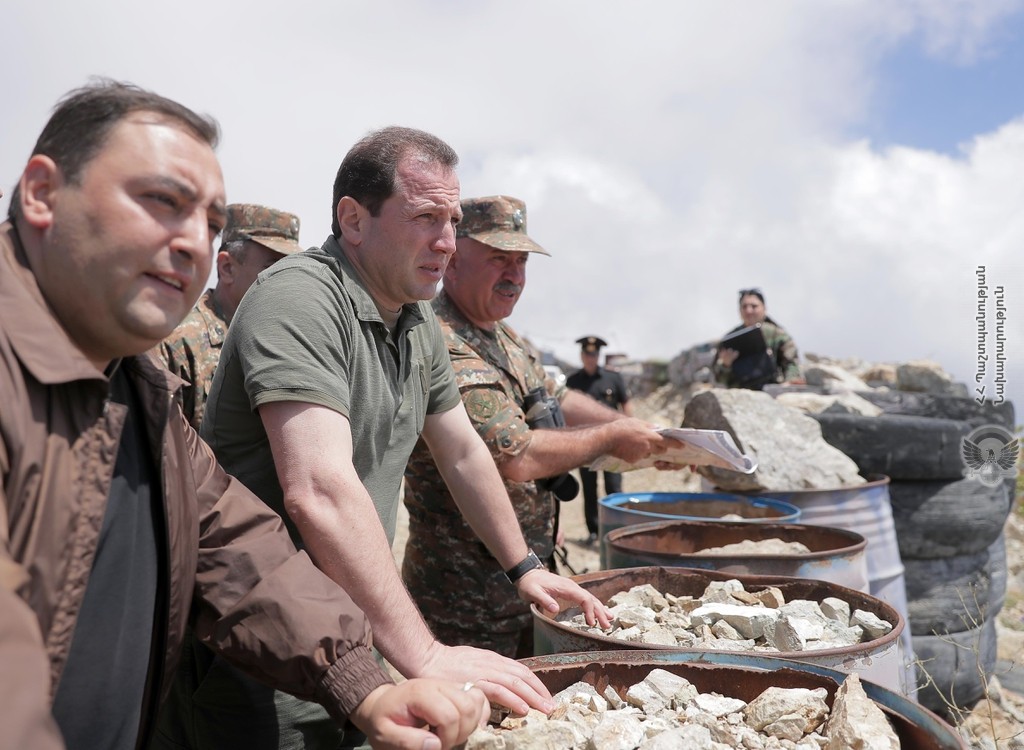
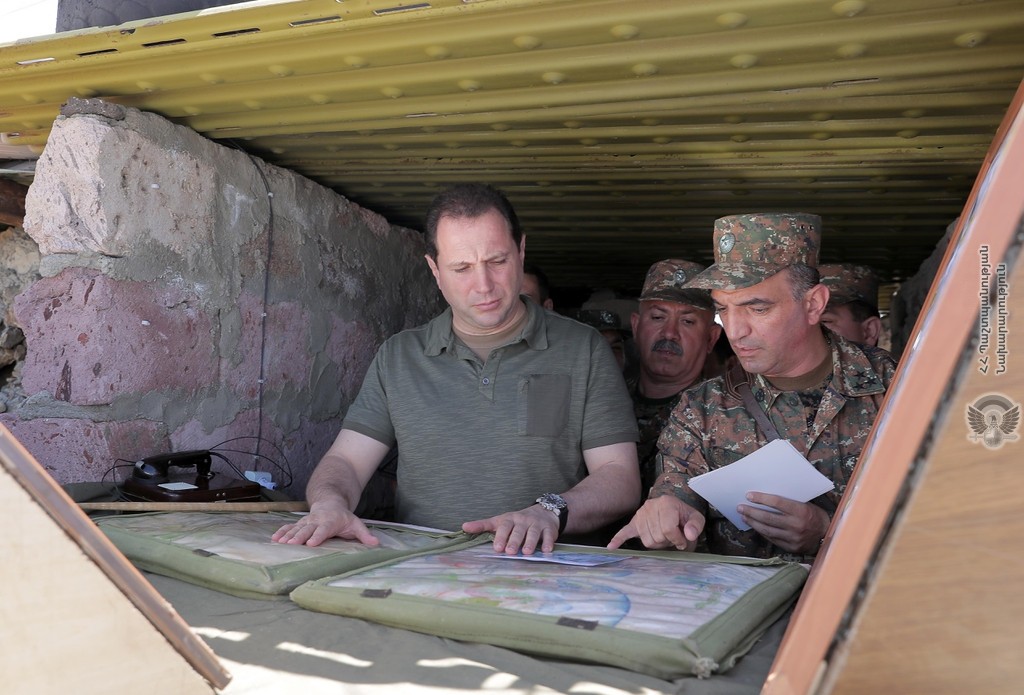
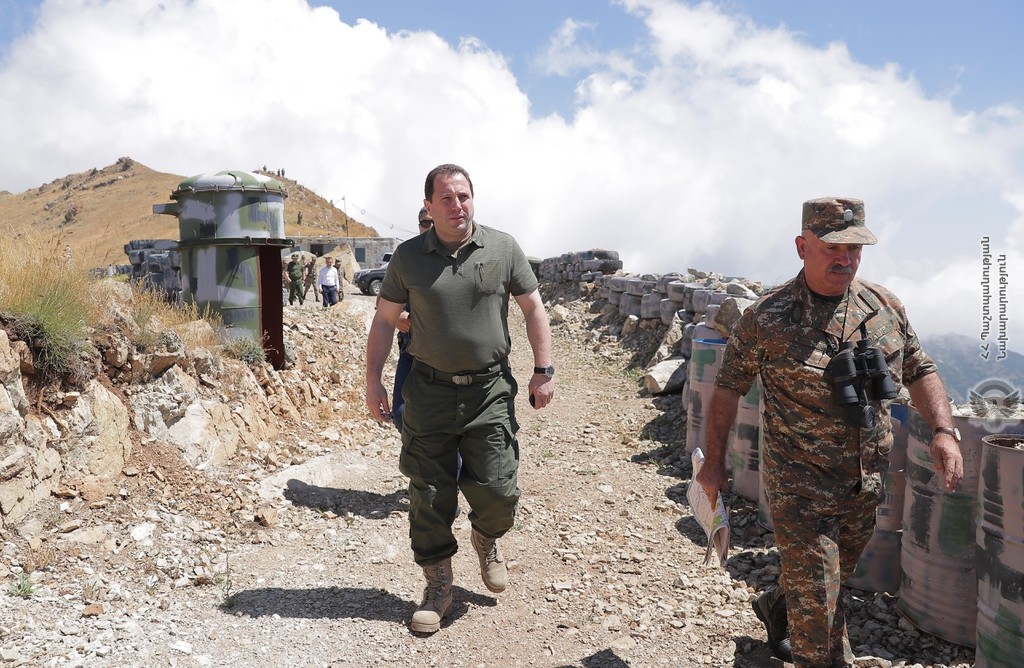
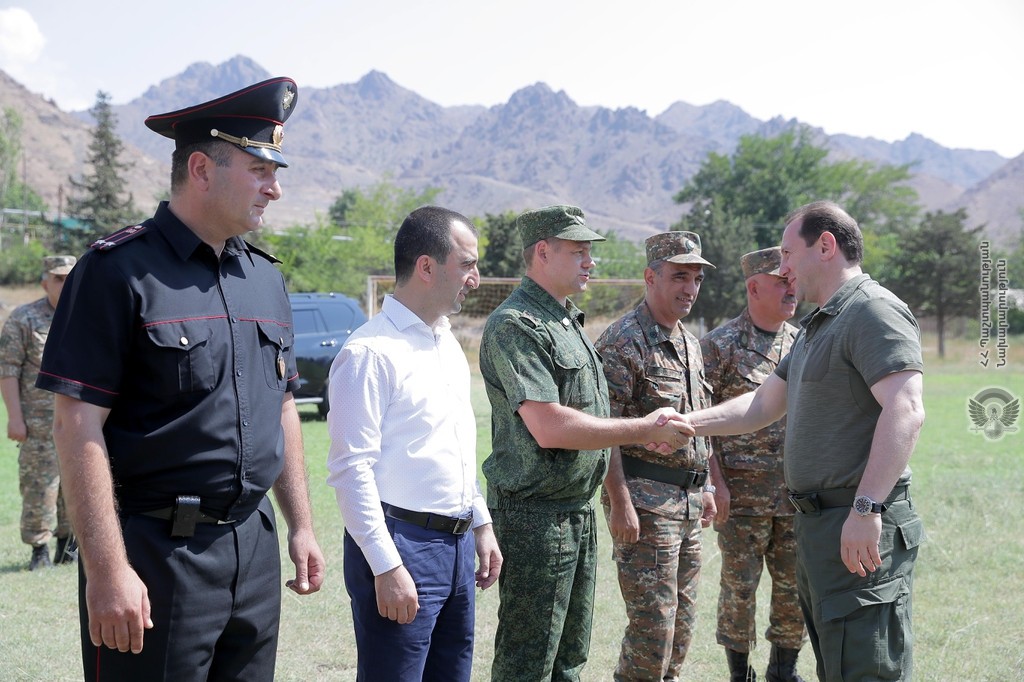
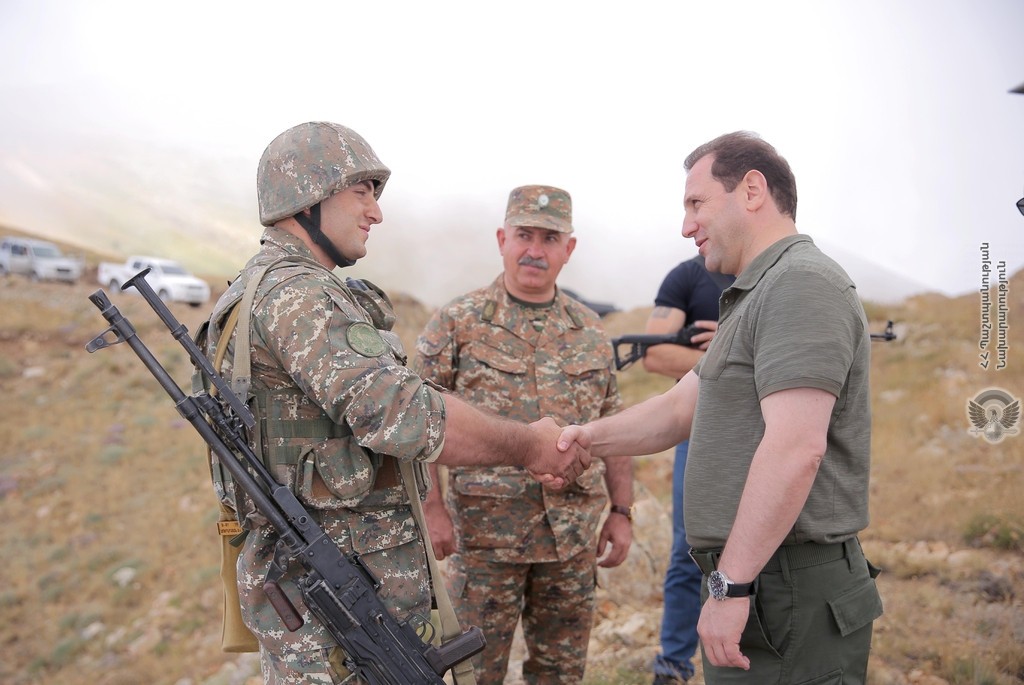
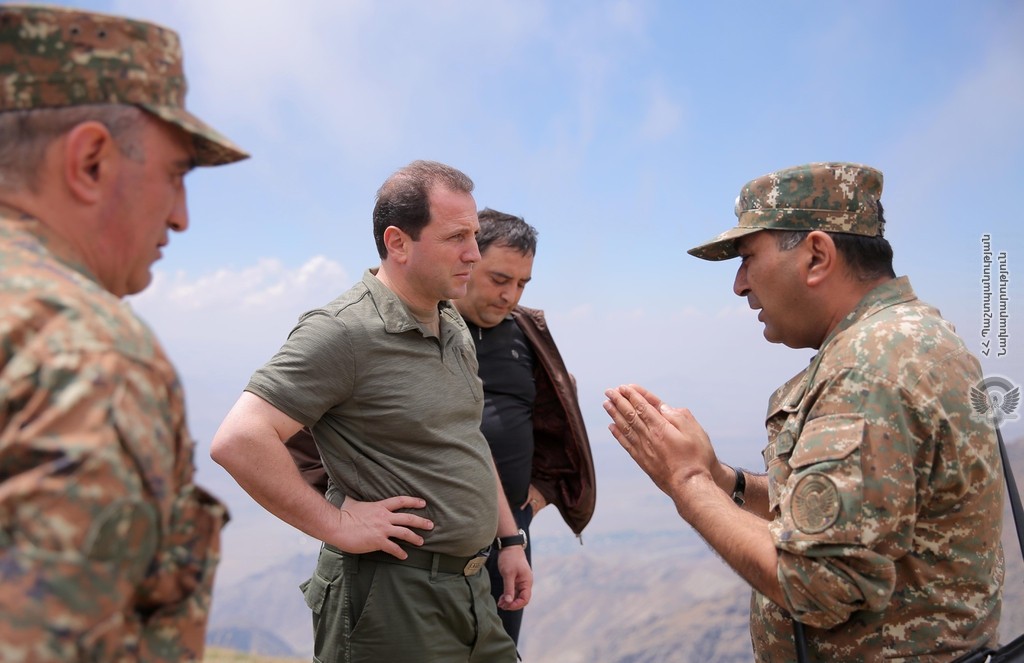
Comment